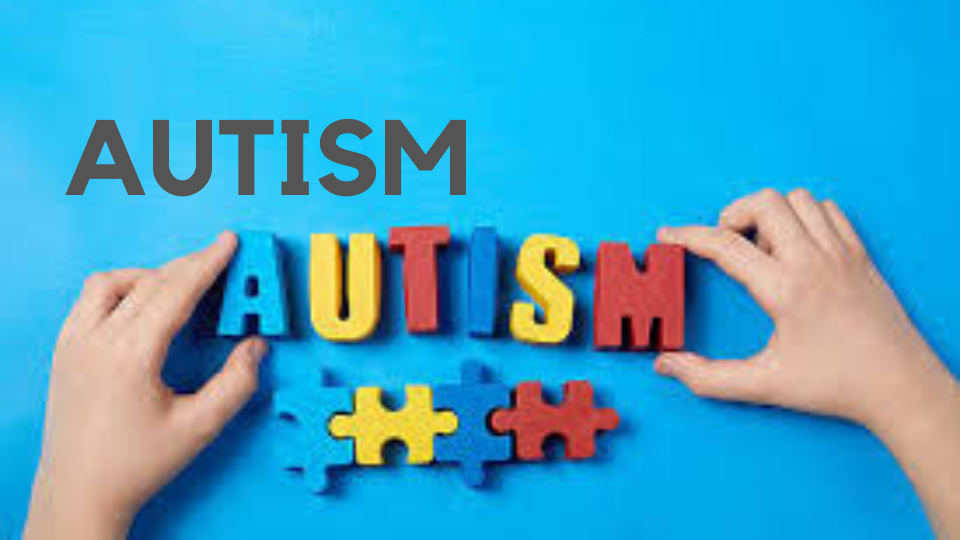The Importance of Understanding Autism: Embracing Neurodiversity
Autism, or Autism Spectrum Disorder (ASD), is a neurological and developmental condition that affects how individuals communicate, interact, and experience the world around them. While autism is often discussed in terms of challenges, it’s equally important to recognize the unique strengths, perspectives, and contributions of autistic individuals. Understanding autism is not just about awareness—it’s about acceptance, inclusion, and celebrating neurodiversity.
What is Autism?
Autism is a spectrum disorder, meaning it manifests differently in every individual. Some autistic people may have significant support needs, while others may live independently. Common characteristics of autism include differences in social communication, sensory sensitivities, repetitive behaviors, and intense interests in specific topics. However, these traits are not deficits—they are simply variations in how the brain processes information.
Why Understanding Autism Matters
Autism is an integral part of human diversity. By understanding autism, we can create a more inclusive and compassionate society. Here’s why it’s so important:
1. Promoting Inclusion and Acceptance
Autistic individuals often face stigma, misunderstanding, and exclusion. By educating ourselves and others about autism, we can break down stereotypes and foster a culture of acceptance. Inclusion means recognizing the value of every individual, regardless of their neurological makeup, and ensuring they have equal opportunities to thrive.
2. Celebrating Unique Strengths
Autistic individuals bring unique perspectives and talents to the table. Many excel in areas such as pattern recognition, attention to detail, creativity, and problem-solving. Some have a deep passion for specific subjects, making them experts in their fields. By focusing on these strengths, we can help autistic individuals reach their full potential and contribute meaningfully to society.
3. Improving Quality of Life
Understanding autism allows us to provide better support for autistic individuals and their families. From tailored educational programs to sensory-friendly environments, small adjustments can make a big difference in improving their quality of life. When we listen to autistic voices and respect their needs, we empower them to live fulfilling and authentic lives.
4. Building Empathy and Connection
Autism is often misunderstood because it is an “invisible” condition—it’s not something you can see at a glance. By learning about autism, we can develop greater empathy and understanding for the experiences of autistic individuals. This helps build stronger connections and relationships, whether in families, schools, workplaces, or communities.
5. Advocating for Neurodiversity
Neurodiversity is the idea that neurological differences, such as autism, ADHD, and dyslexia, are natural variations of the human brain. Understanding autism is a key part of embracing neurodiversity and challenging the notion that there is only one “normal” way to think, learn, or behave. By advocating for neurodiversity, we can create a world where everyone is valued for who they are.
How to Support Autistic Individuals
Supporting autistic individuals starts with understanding and empathy. Here are some ways to make a positive impact:
Educate Yourself: Learn about autism from reliable sources, including autistic advocates and organizations.
Listen to Autistic Voices: Autistic individuals are the best experts on their own experiences. Listen to their stories and perspectives.
Create Inclusive Spaces: Whether at home, school, or work, make environments sensory-friendly and accommodating.
Use Person-First or Identity-First Language: Some people prefer “person with autism,” while others prefer “autistic person.” Respect individual preferences.
Advocate for Change: Support policies and initiatives that promote inclusion, accessibility, and equal opportunities for autistic individuals.
The Bigger Picture: Autism and Society
Autism is not a tragedy or a problem to be solved—it’s a different way of experiencing the world. When we embrace autism, we enrich our communities with diverse perspectives and talents. Autistic individuals have made significant contributions to art, science, technology, and more, reminding us that neurodiversity is a strength, not a weakness.
By understanding autism, we can move beyond awareness and toward genuine acceptance. We can create a world where autistic individuals are celebrated for who they are, not despite their differences but because of them.
Conclusion
Autism is an essential part of the human experience, and understanding it is crucial for building a more inclusive and compassionate society. By embracing neurodiversity, we can celebrate the unique strengths of autistic individuals and ensure they have the support and opportunities they need to thrive. Let’s move beyond awareness and work together to create a world where everyone, regardless of their neurological makeup, is valued and included.

